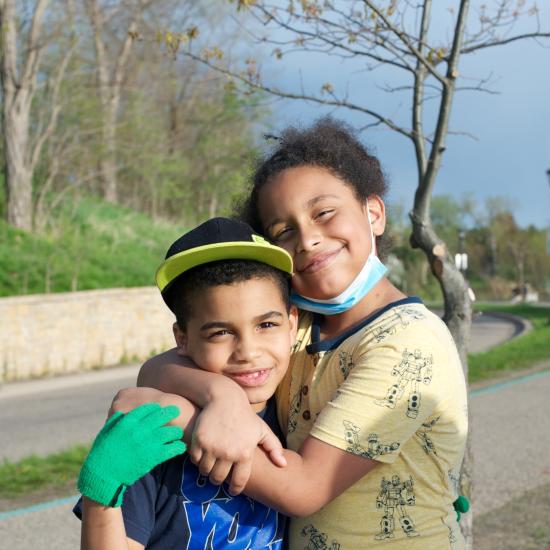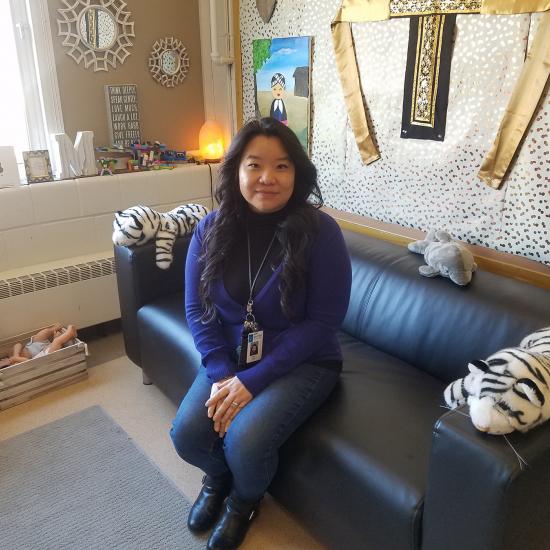3 ways the Therapeutic Teaching Model helps kids with severe emotional and behavioral disorders heal
Four years ago, Dr. Benita Amedee and I helped develop an intensive mental health program called the Therapeutic Teaching Model for young children who were referred to federal setting IV special education services for severe emotional and behavioral disabilities.
Setting IV schools are separate schools for children who have disabilities that require more intensive services than their home schools can provide. A student with an emotional or behavioral disability might come to a setting IV school after hitting people, throwing desks, and running from school buildings because their brains are flooded by trauma. Their behavior likely overwhelmed them, their classmates, teachers and their families. Parents were likely called to pick up their child frequently and may have even lost jobs as a result.
The Therapeutic Teaching Model blends individual, family and group therapy into special education classes for students in kindergarten-third grade who are referred to Intermediate District 287, which supports unique learners for 11 school districts in the West Metro. Over the years, children have been referred to Intermediate District 287 at younger and younger ages, and they are disproportionately kids of color. We created the Therapeutic Teaching Model in partnership with Intermediate District 287 because we believe that healing is possible.
So far, in our small program, seven children have leveled down, meaning they returned to their home schools and lowered their special education needs. We are so proud of our kids and their families for their achievements!
As schools, communities and families work to understand how to support the mental well-being of children, here are three things to know about the Therapeutic Teaching Model.

